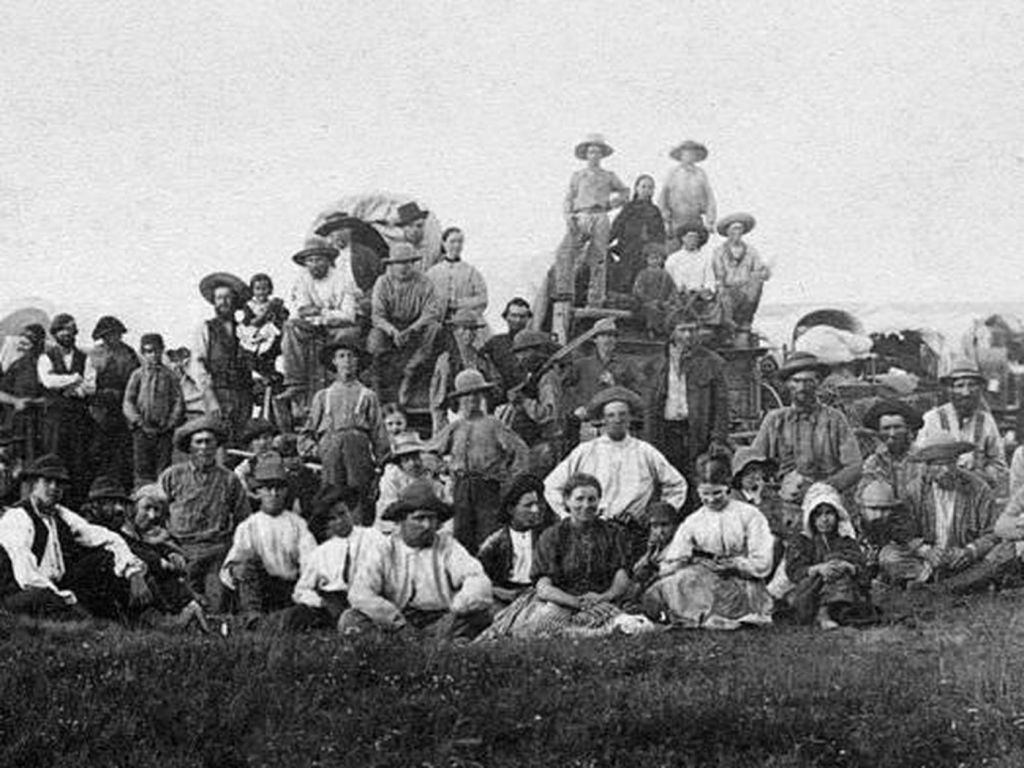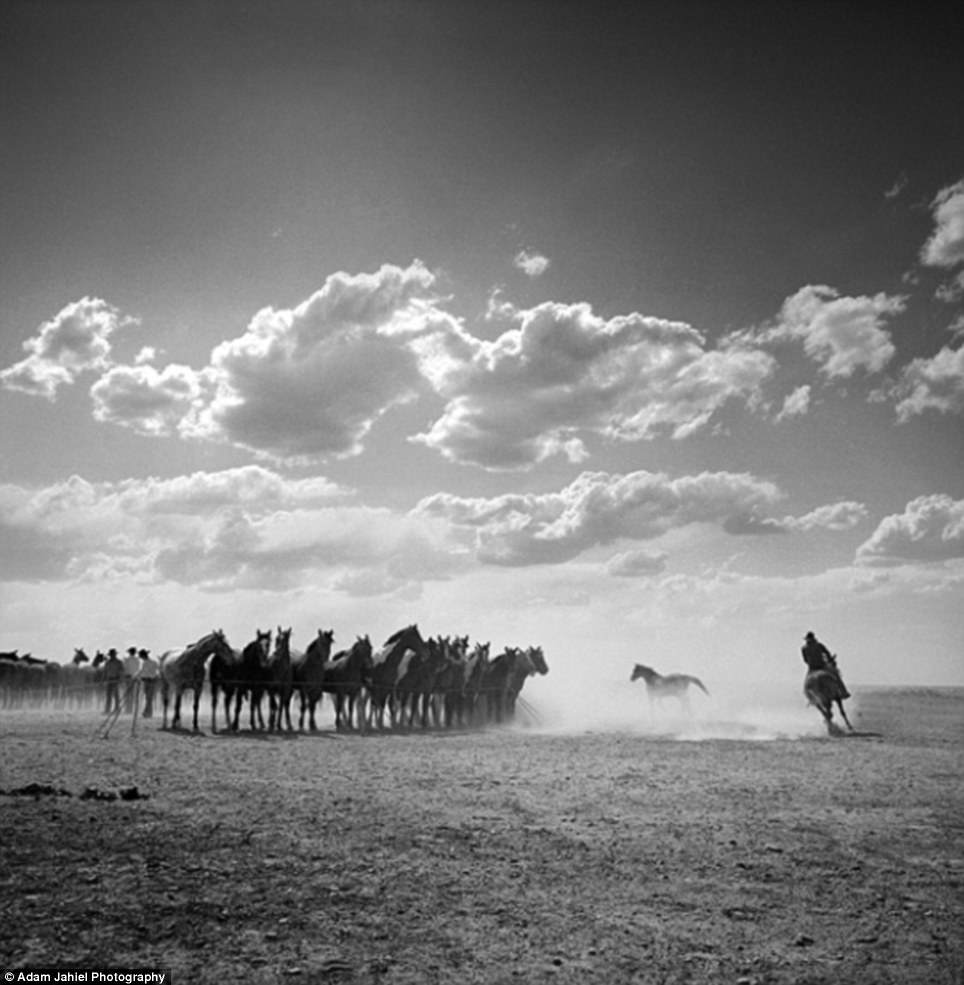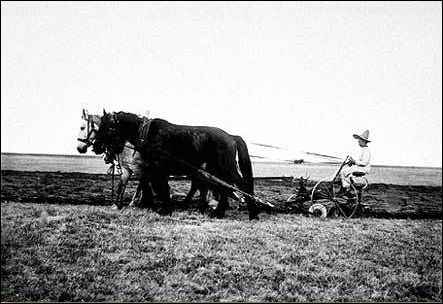Podcast: Play in new window | Download
Subscribe: Apple Podcasts | Spotify | RSS | More

image credit: Charles Roscoe Savage, Courtesy BYU
… when it became necessary for him to discard a wife it was a pretty hard question for him because a little child was coming to the second wife and he had nothing to provide for her with except what his first wife’s money paid for. The first wife said she would consent to him starting the second, if she filed on land and paid her back a small sum every year until it was all paid back. So he took the poor “second,” after formally renouncing her, and helped her to file on the land she now lives on. He built her a small cabin, and so she started her career as a “second.” I suppose the “first” thought she would be rid of the second, who had never really been welcome, although the Bishop could never have married a “second” without her consent.
At long last, we have reached the end of the Elinore Trail. It certainly has been educational!
In this final episode, Elinore gets an education in the Mormon practice of polygamy in the early 1900s. She also recounts her successes growing and raising food on her homestead. She definitely paints a rosy picture, rosier than the one we saw during the Women Homesteader’s episode. Was that Elinore having a positive attitude, applying a positive spin, or something else? Maybe we can just say, Elinore being Elinore.
Farewell Elinore!







